Former iPhone, iPad chip designer is being sued by Apple
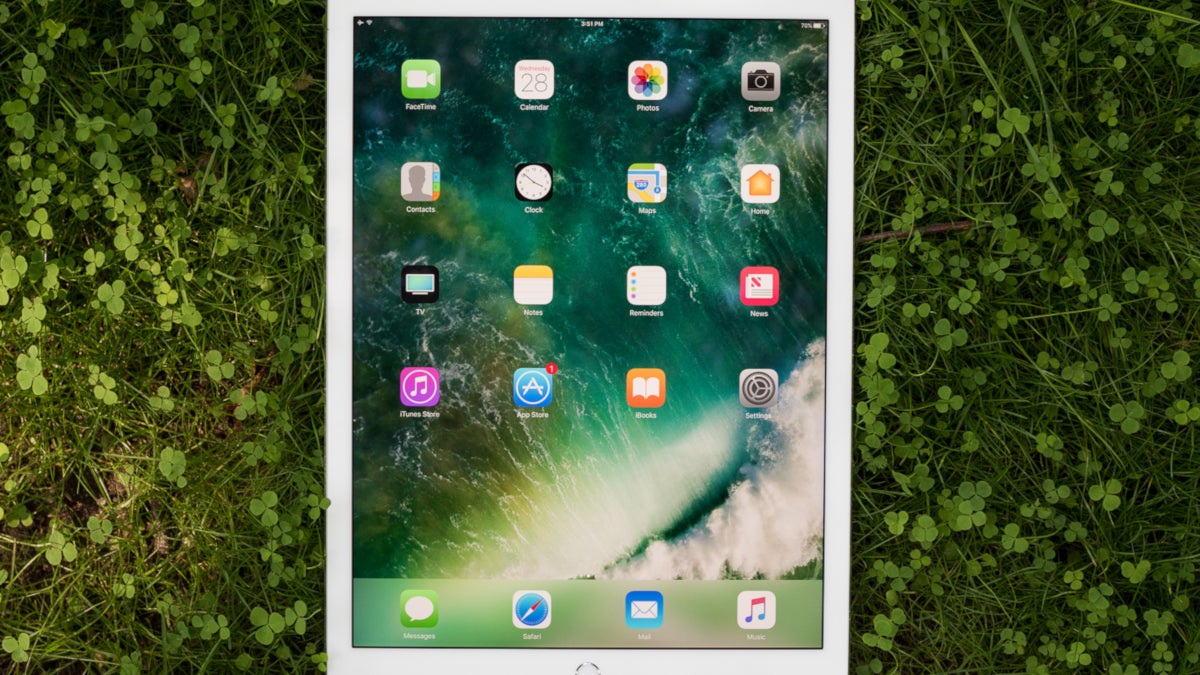
According to Bloomberg, former Apple iPhone chip designer Gerard Williams III is being sued for breach of contract by his former employer. During his 9 years at Apple, Williams was a platform architect who led the team designing chips from the A7 SoC to the A12x chipset. Before coming to Apple, he also helped design ARM's Cortex-A8 CPU core which was used to power the Apple iPhone 3GS (not to be confused with the Apple A8 chip in the iPhone 6). He eventually joined Apple just as it was designing its first 64-bit CPU core beating rivals by a full year. By the time Williams left Apple last April, he was in charge of designing the complete SoCs used by the tech giant.
When Williams left Apple, he did so to found a new company called Nuvia. The firm's website says that the company is creating "High-performance silicon design for a compute-intensive world," and adds, "We live in a world where we create exponentially more data than we can process. The demands of users continue to rise and generational silicon improvements have slowed to a pace that can no longer keep up. At NUVIA we see an opportunity to reimagine silicon design to create a new class of processor that delivers the performance and energy efficiency needed to power the next era of computing."
A hearing on this case will be held this coming Tuesday
Williams claims that his contract with Apple was at odds with a law in California that allows employees to develop new businesses even if they are working elsewhere at the time. His attorney, Claude Stern, filed to have Apple's suit dismissed. However, Santa Clara County Superior Court Judge Mark Pierce said the law doesn’t permit an employee "to plan and prepare to create a competitive enterprise prior to termination if the employee does so on their employer's time and with the employer’s resources." Judge Pierce also tossed Williams' claim that Apple invaded his privacy by reviewing text messages he wrote to other employees critical of the company. In his decision, Judge Pierce wrote, "There are no allegations in the complaint establishing that the text messages were obtained as the result of eavesdropping upon or recording a confidential communication."
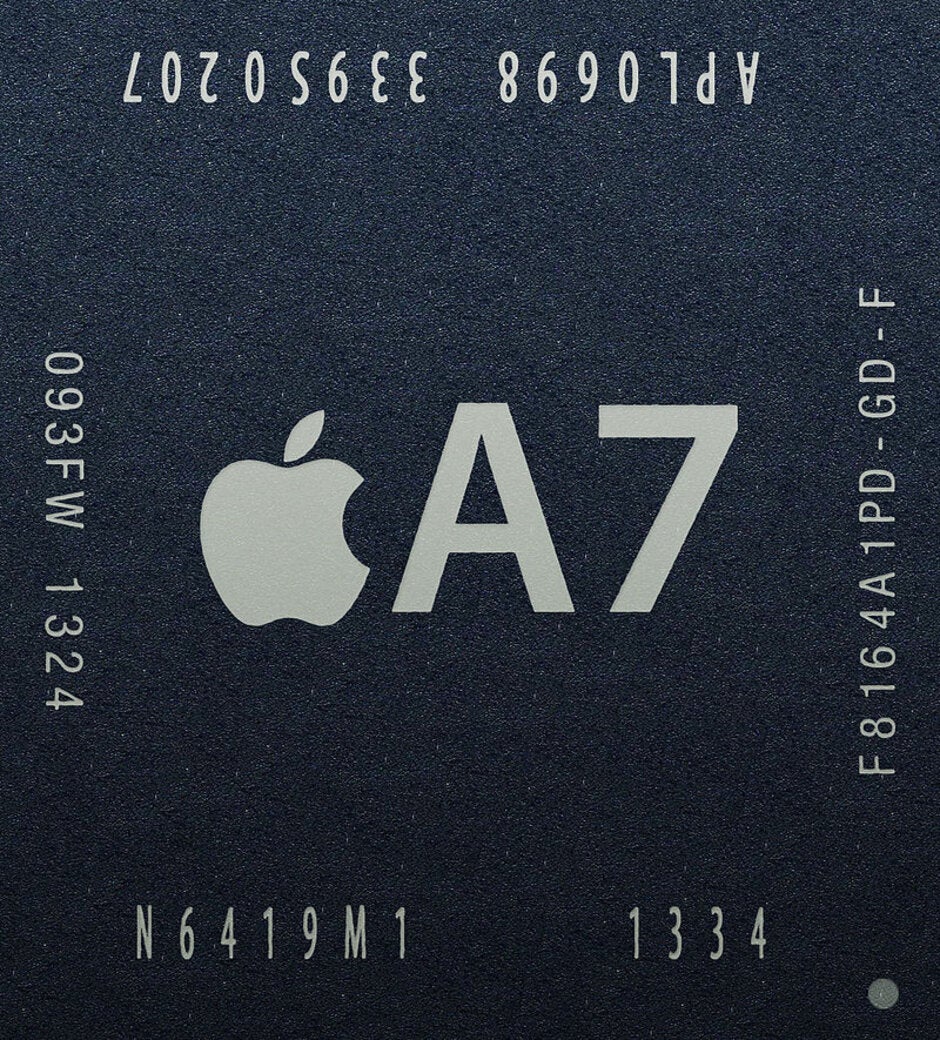
Williams came to Apple and first went to work on the A7 SoC with 64-bit CPU cores
On Tuesday, a hearing will be held in San Jose during which Williams' attorney will contest the judge's rulings against his client. The lawyer says that he will argue that Apple can't sue Williams just for coming up with a new idea while he was working at Apple.
The judge did rule in the defendant's favor by rejecting Apple's request for punitive damages. In doing so, he said that Apple couldn't prove that the engineer tried to hurt Apple on purpose by starting a new company. Williams launched Nuvia in February along with other former Apple employees. The company announced in November that it has raised $53 million.
In the lawsuit filed by Apple, the company called what happened "a worse-case scenario for an innovative company like Apple." It went on to say that, "A trusted senior director with years of experience, and years of access to Apple's most valuable information, secretly starts a competing company leveraging the very technology the director was working on, and the same teams he was working with, while still employed by Apple. These are violations of the most basic duties owed by an employee, and in extreme cases like this one, Apple must take action to protect its business...unfortunately, rather than exploiting the technology he was working on for Apple, Williams secretly considered how he could take an opportunity to exploit that technology from Apple. Williams boasted about starting a new company with technology that he was working on at Apple, that he believed Apple "needed," and that he believed Apple would have no choice but to purchase."
While Apple designs its chips, it does not own the manufacturing facilities used to produce them. That is why the company is TSMC's largest customer. The latter is the world's largest independent foundry.
Follow us on Google News






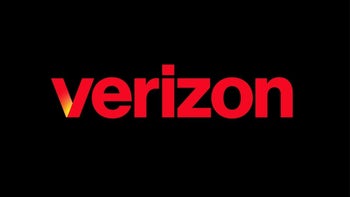

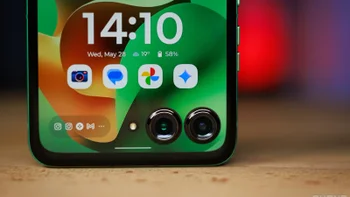
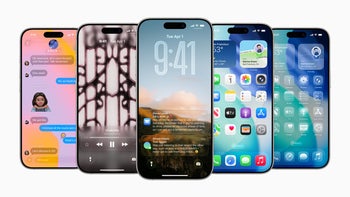
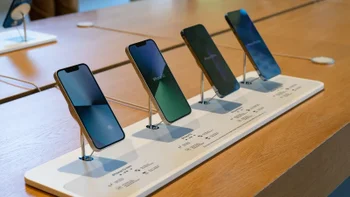
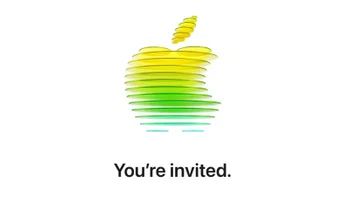
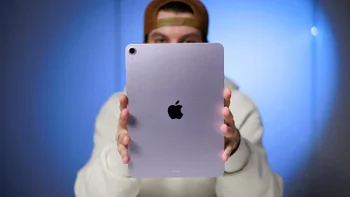
Things that are NOT allowed:
To help keep our community safe and free from spam, we apply temporary limits to newly created accounts: